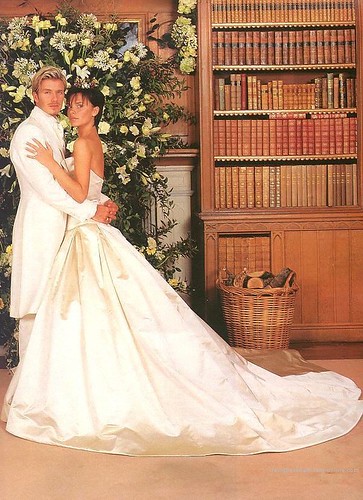Your Facebook Relationship Status: A Comprehensive Guide
Ah, the old Facebook relationship status feature: at once a a source of drama, a pathetic attention-seeking strategy, and hotbed of facts you never wanted to know about your boss, highschool classmate you haven’t talked to in ten years, or “frenemy” you don’t have the balls to de-friend.
What to do if you don’t want people knowing your business, yet don’t want to appear shady, AND keep your significant other/s satisfied, or possibly communicate the message to potential stalkers/unwanted attention givers that you’re currently occupied with someone else’s ego?
I’ve analyzed all the possible permutations of the Facebook Relationship Status, and these are my pros and cons for each:
Option 1: “In A Relationship”/”Engaged”/”Married”
Pro: Works best if you’re actually in a relationship, engaged, and/or married in communicating to potential predators that you’re “off-limits”
Con #1: Can come off smug, overshare-y, and sometimes, hetero-centric.
Con #2: Can piss off your significant other because you’re not naming them explicitly
Con #3: The second you break up with whomever, get ready for an onslaught of “what happened?” and/or “hey, now that you’re single…” comments that are just bound to cause annoying conversations and/or drama.
Option 2: “In A Relationship with/Engaged to/Married to”
Pro: Naming your significant other, if they’re into that sort of thing, will likely keep that person happy, as it implies you’re not ashamed of them and your relationship together.
Con #1: When you break up (because, most likely, you probably will), not only will you get those delightful “what happened?”, etc. comments, but people will even know WHO it was that broke up with you/you broke up with. TOO MUCH INFORMATION!
Con #2: Do you really want people you’re not that great of friends with to be linked to your significant other’s Facebook page, even if they have that shit on block?
Con #3: Can come off even MORE smug and self-important, as it can seem as though you operate under the assumption that EVERYONE gives a shit about your stupid love life, because you’re just SO DAMN INTERESTING AND SPECIAL to EVERYONE YOU FUCKING KNOW.
Option 3: “It’s Complicated”
Pro: It’s vague; at once intriguing and deterring!
Con: It can make you seem like an over-dramatic crybaby, like my friend Dawson here.
Option 4: “It’s Complicated with ______”
Pro: It’s a middle-of-the-road solution to relationships without a label, and/or not pissing off the ex that you’re still fucking.
Con #1: Middle-of-the road solutions are for PUSSIES. And I mean that with no disrespect to actual physical vaginas. All I’m saying is: SHIT OR GET OFF THE POT, LOSERS!
Con #2: This special option combines the self-importance of Option 2, while upping the drama by 5 million from Option 3.
Option 5: Leaving off your Relationship Status altogether

Pro #1: Perhaps not answering this question could ease some unwanted attention from randoms in your network.
Pro #2: It simply refuses to acknowledge the nosy questioning of the Facebook profile form. Fight the power!
Con #1: Once the elimination of this category is on the newsfeed, you’ll get the standard “what happened?” comments. And because it’s by its very nature secretive-seeming, sometimes people feel like they’re more allowed to cross the line in terms of potential sensitivity/appropriateness. Yes, basically, you can’t win if you put too much info or none at all.
Con #2: Jumping off the previous Con, this is also one of the leading most passive aggressive ways to get attention from your friends! Everyone loses!
Con #3: What are you trying to hide, sketchball?
Option 6: “Single”
Pro #1: Dude, if you’re not married, you’re technically single. So, technically, that’s all this status implies.
Pro #2: It shows that you’re not ashamed to not be engaged, etc. And why the hell should you be?
Pro #3: Less shady than the no-relationship-status-option
Con #1: Can attract unwanted attention from people in your network
Con #2: If you aren’t actually single (i.e. married, etc), this will probably cause problems













